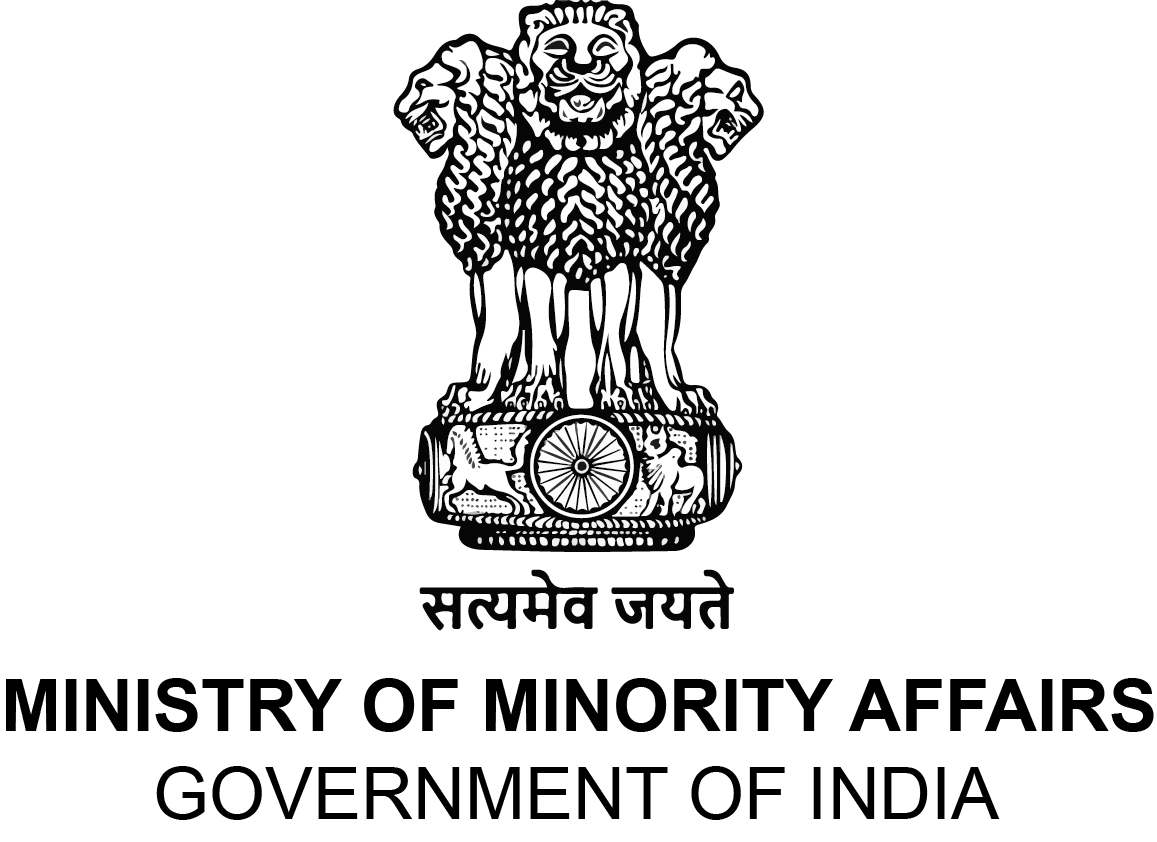Umrah Tips: How to Prepare for Your Sacred Journey
Key Highlights
• Umrah is a special pilgrimage to Makkah that can be done any time of the year.
• The main rituals include Ihram (state of purity), Tawaf (circling the Kaaba), and Sa’i (walking between Safa and Marwah).
• Preparing well — spiritually, physically, and with the right documents — makes the journey easier.
• Unlike Hajj, Umrah is not compulsory, but it’s highly recommended.
• This trip is a chance to seek forgiveness, renew your faith, and strengthen your bond with Allah.
________________________________________
Introduction
Going for Umrah is one of the most beautiful experiences a Muslim can have. It’s not just a trip — it’s a spiritual journey where you leave behind the world’s distractions and focus only on Allah. During Umrah, every step reminds you of faith, patience, and devotion. But to truly enjoy this journey, it’s important to prepare well and understand what you’re about to do.
________________________________________
What Is Umrah and Why Is It Important?
The word Umrah means “to visit a populated place,” but in Islam, it refers to visiting the holy city of Makkah for a set of simple rituals.
Unlike Hajj, which is longer and must be done in Dhul-Hijjah, Umrah is shorter and can be performed anytime. The rituals — Ihram, Tawaf, Sa’i, and cutting/shaving hair — can be completed within a few hours.
Even though it’s not obligatory like Hajj, Umrah carries huge spiritual rewards. The Prophet Muhammad (ﷺ) said that one Umrah to the next washes away sins committed in between. It’s a way to start fresh and reconnect with Allah.
________________________________________
A Brief History of Umrah
The rituals of Umrah go back to the time of Prophet Ibrahim (Abraham) and his family. The Kaaba was built by Ibrahim and his son Ismail as the first house of worship. Sa’i (walking between Safa and Marwah) reminds us of the story of Hajar, who ran in search of water for her baby Ismail until Allah blessed them with Zamzam.
Later, Prophet Muhammad (ﷺ) also performed Umrah. After the Treaty of Hudaybiyyah, he and his companions were allowed to enter Makkah and perform Umrah, making it a clear right for Muslims.
________________________________________
Best Time to Perform Umrah
One of the blessings of Umrah is that you can perform it anytime. Many people prefer to go in Ramadan, as the rewards are believed to multiply. Others choose cooler months (November to February) for comfort.
If you don’t like crowds, avoid peak seasons like Ramadan or school holidays. But no matter when you go, the spiritual reward is always there.
________________________________________
Preparing for Umrah
1. Spiritual Preparation
• Make a clear intention (niyyah) — perform Umrah only for the sake of Allah.
• Seek forgiveness from people and from Allah before you travel.
• Spend time reading Qur’an, making dua, and learning about the rituals.
• Keep your heart humble and focused — this will make your Umrah more meaningful.
2. Physical & Health Preparation
• Start walking regularly before your trip — Umrah involves a lot of walking.
• Get all required vaccinations (like meningitis) and keep the certificate with you.
• Carry a small medical kit with essentials like pain relievers, band-aids, and personal medicines.
3. Visa Requirements (for Indian pilgrims)
You’ll need a special Umrah visa, which you can only get through an authorized travel agent. Here’s what you usually need:
• Valid passport (at least 6 months left).
• Passport-size photos (white background).
• Visa application form.
• Vaccination certificate.
• Confirmed flight and hotel bookings.
• Proof of relationship if you’re a woman traveling with a mahram.
________________________________________
Step-by-Step Guide to Umrah Rituals
1. Ihram – Before crossing the Miqat (boundary), make your intention, wear the Ihram clothes (two white sheets for men; modest dress for women), and enter the state of Ihram.
2. Tawaf – Walk around the Kaaba seven times in a counter-clockwise direction. Start at the Black Stone if possible. After Tawaf, pray two rak’ahs near Maqam Ibrahim.
3. Sa’i – Walk seven times between the hills of Safa and Marwah, remembering the struggle of Hajar.
4. Halq or Taqsir – End by shaving (Halq) or trimming (Taqsir) your hair. Women cut a small portion. This symbolizes purification and renewal.
________________________________________
Common Mistakes to Avoid
• Breaking Ihram rules – Avoid perfume, cutting nails, or arguing.
• Losing count – Be mindful of your rounds in Tawaf and Sa’i.
• Rushing prayers – Don’t just read duas quickly. Take your time and connect with Allah.
________________________________________
Conclusion
Umrah is not just a journey to Makkah — it’s a journey of the heart. With the right preparation, you can make it smooth, meaningful, and unforgettable. Focus on your intention, take care of your health, and understand the rituals before you go.
May Allah accept your Umrah and fill it with blessings, forgiveness, and peace.








